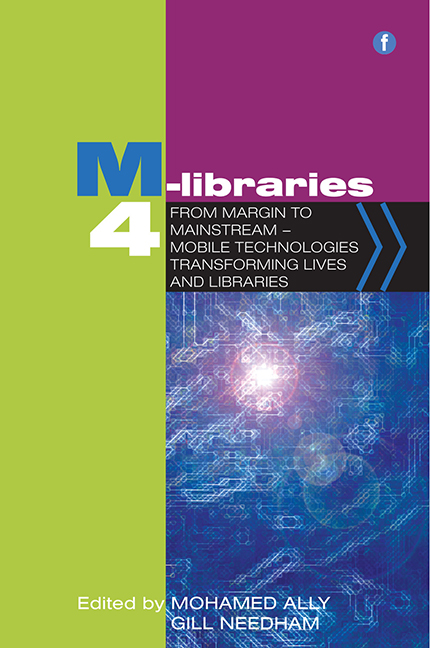10 - Widening access and stimulating innovation through mobile health applications
Published online by Cambridge University Press: 10 September 2022
Summary
Going mobile for health information
Health information is one of the web's most popular topics. When faced with a symptom, three-quarters of patients who are online research their condition on the web before seeing their doctor – and 70% go online afterwards to learn more. Having found health information online, around half then take action to change their lifestyle or health behaviour, make a self-diagnosis or undertake selfcare (Belliveau, 2010).
Increasingly, when people want to access online health information they use their mobile. In a study by the Pew Research Center (Fox and Duggan, 2012), one in three of all mobile phone owners have used their phone to look up health information (compared to 17% two years previously). Smartphone owners are even more likely to search for health information on their phone, with over half doing this. Not surprisingly, younger, more educated people are more likely to use their mobile to access health information online. But mobile technology also has the potential to widen access. The Pew research found that in the USA African American and Latino communities were among those more likely to use their phones for health searches.
Apps explosion
When people use their smartphones for health information, increasingly this is via an app. A report by Flurry Analytics (2011) suggested that online consumers spend more time using apps (81 minutes a day) than on the web (74 minutes a day), and there are over 600,000 apps available. Health-related apps are a major growth area, with over 13,000 such apps for consumers (MobiHealth, 2011). Today, one in five smartphone users have at least one health-related app on their mobile. Exercise, diet and weight-management apps are the most common.
Mobile ways of working – increasing convenience and reducing cost in the NHS
Mobile devices are increasingly being used in the everyday work of the NHS, in particular in community settings, with demonstrable benefits and efficiencies. Until recently, most scheduling of patient visits and updating of patient records by community nurses has been a paperbased exercise, requiring nurses to travel back to their office base every day to file records.
- Type
- Chapter
- Information
- M-Libraries 4From Margin to Mainstream - Mobile Technologies Transforming Lives and Libraries, pp. 85 - 90Publisher: FacetPrint publication year: 2014



